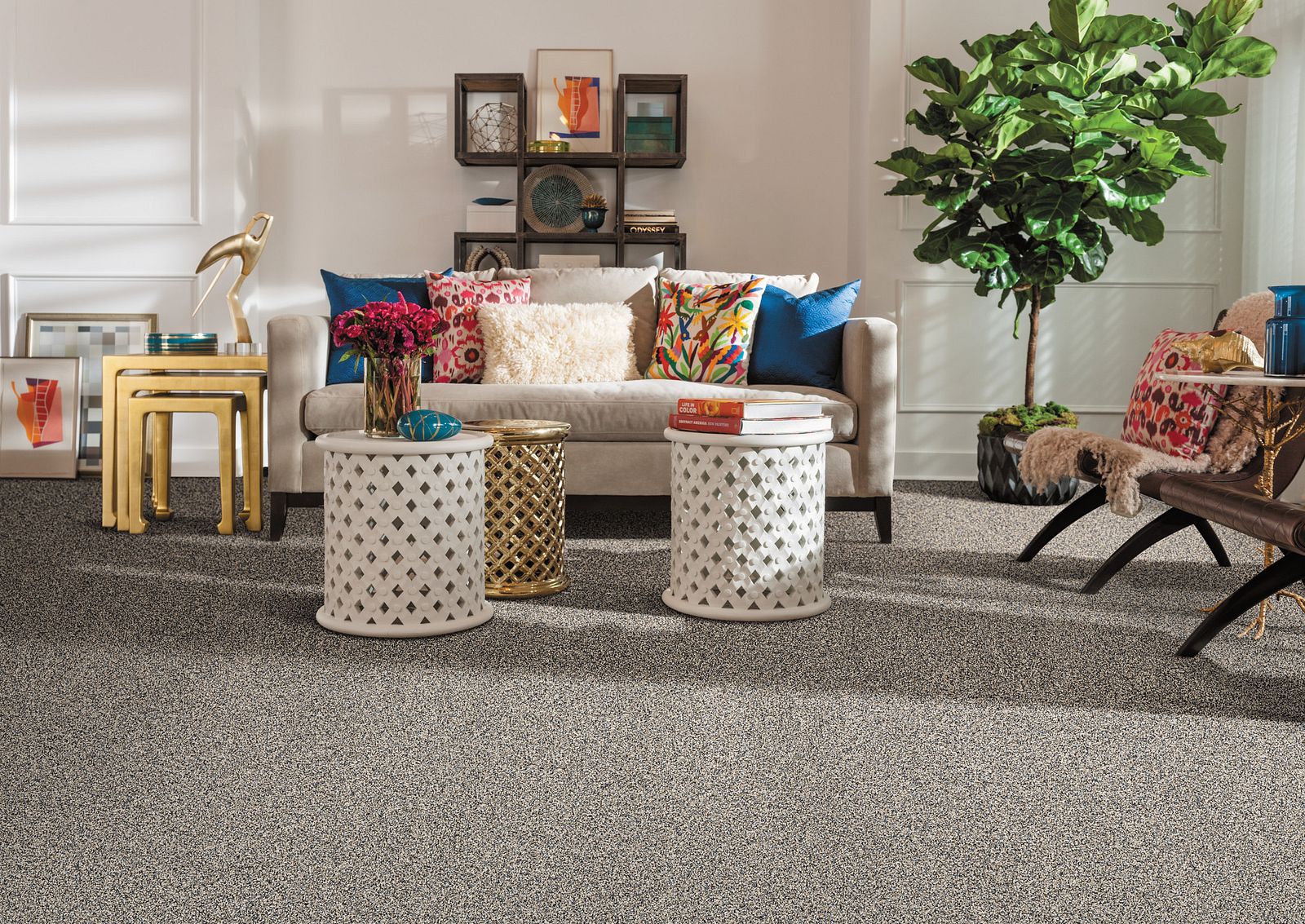The best way to improve air quality and reduce allergens is to provide as much ventilation as possible in the carpeted room.
Any way to cover bedroom carpets causing allergies.
Clean it using a vacuum with a hepa filter and a double bag every week.
Allergens can attach to bed sheets duvet covers shams and pillowcases making it crucial to purchase hypoallergenic varieties of bedding.
If you must have carpet in your bedroom.
Choose the low nap or low pile kind which holds fewer allergens.
Of course some maintenance of your carpet is required to be able to truly breathe easy.
The fumes can be cleared from the area more quickly with thorough ventilation such as using fans and keeping windows and doors open.
If you can close the room off from the rest of the house close interior doors until the off gassing is no longer an issue.
Here s how to make your bedroom inhospitable to allergens.
For cut pile carpets using a vacuum with a beater bar or powerhead attachment is most effective.
Advertisement the carpet and rug institute cri defends its product claiming that carpet fibers actually trap allergy provoking substances like dust and pollen and prevent them from circulating in the air where you re more likely to encounter them.
Remove carpeting and use hardwood or linoleum flooring and washable area rugs.
Replace wool or feather bedding with synthetic materials.
Don t forget to use a dust mite cover on your pillow as well.
Open exterior doors and windows so that gasses will drift outside of the home.
Remove wash or cover comforters.
Buildup in your carpet can easily trigger an allergy attack or make your day to day life just a little more unpleasant.
Wear a dust mask while you vacuum so you don t.
Regular thorough vacuuming of carpeting is essential in order to remove these allergens from the environment completely.
Encase pillows mattresses and box springs in dust mite proof covers.
Choose a pillow that is filled with cotton or a cotton alternative that is washable.
Using a damp rag once a month wipe down the bed frame and other wood or metal parts that are covered with dust.
Allergies can be triggered by many things found in your home such as carpet which may contain 100 times more allergens than hard floors source.
Signs of an allergic reaction may include runny nose.
One of the best ways for a person who has a believed allergic reaction to carpet to avoid symptoms is to stay away from the newly carpeted area for a few days.









